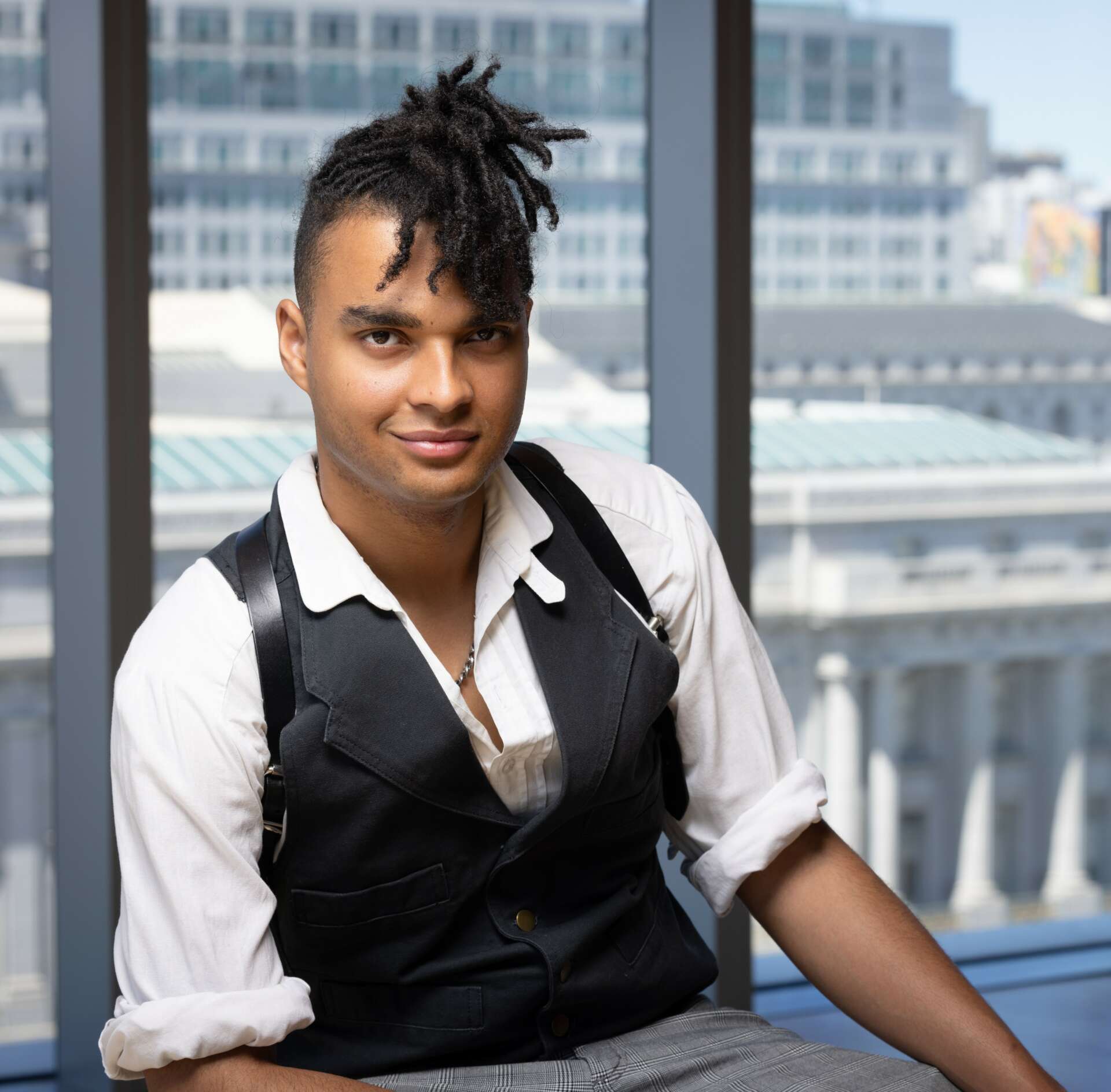We recently connected with Jens Ibsen and have shared our conversation below.
Alright, Jens thanks for taking the time to share your stories and insights with us today. When did you first know you wanted to pursue a creative/artistic path professionally?
I got my start singing in church when I was around 6 years old, and was encouraged by the music director there. I didn’t think much of it at the time. A couple of years later, my school choir director, Marilyn Wells approached my dad and said I should join the choir she accompanied after school called Ragazzi, based in Palo Alto. My dad didn’t pay her much mind but one day Marilyn sent me home with a poster for the choir, and at the time American Idol was pretty popular. I figured if I became a singer, then I’d become cool, and then girls would like me, so that’s all it took to convince my child self to do it! I told my dad I wanted to join and that was that. I would go on to become a member of the Vienna Boys Choir, and later attend the Ruth Asawa School of the Arts in San Francisco where I would be introduced to opera and where I would first begin composing. Throughout my arts education at this point, I had internalized the assumption that music couldn’t be a career, and that I’d have to do something that made money, or my parents proud. I have a lot of family in STEM, so engineering seemed a natural route. But over time, I think the mentors I had were able to convince my parents, and me, that I would not be a starving artist; that I could have a creative life in music. I decided to pursue voice and composition in university and never looked back, and while I continue to support myself through my day job, I’m happy to say I am having a fulfilling musical life so far!
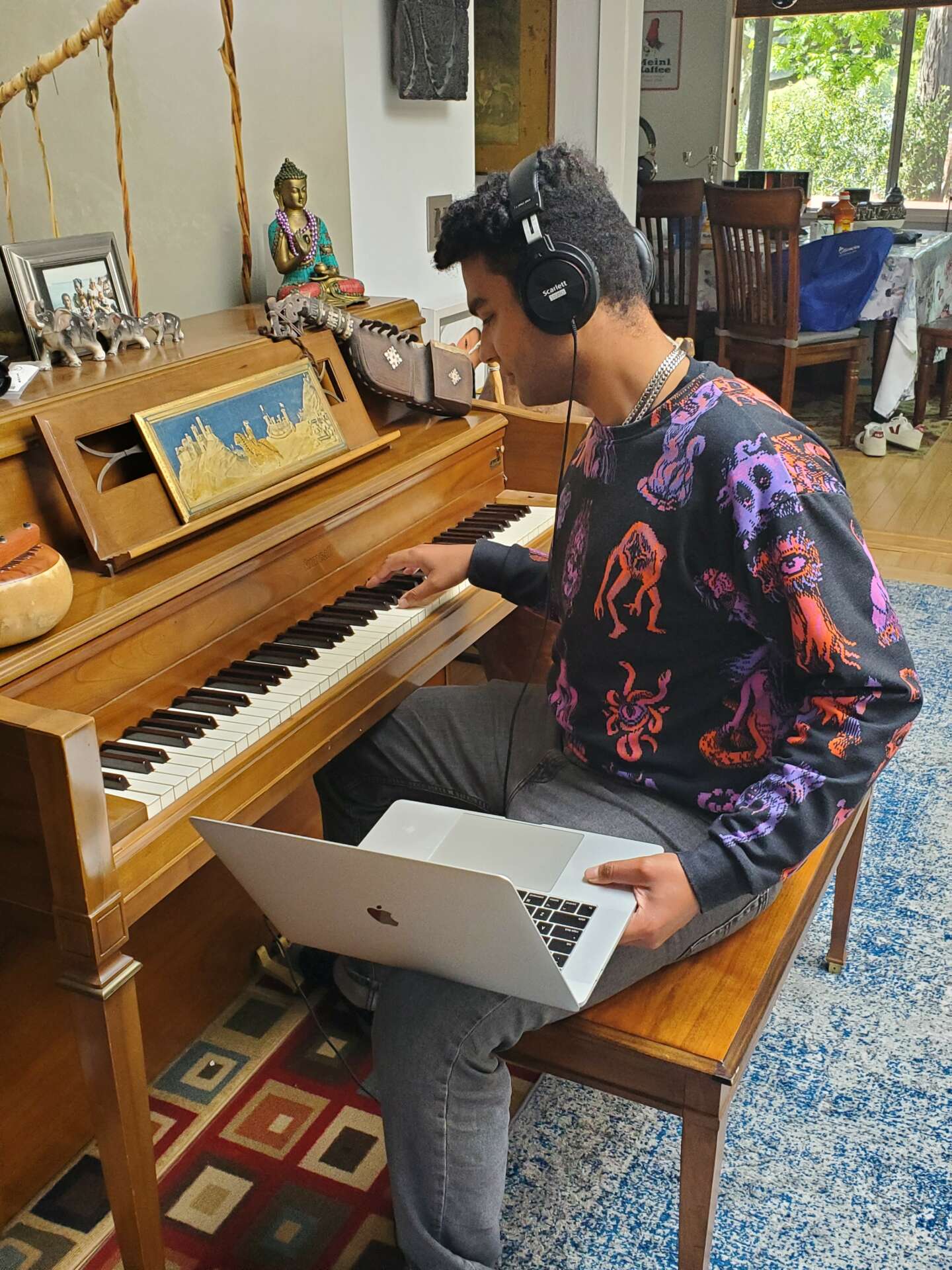
Awesome – so before we get into the rest of our questions, can you briefly introduce yourself to our readers.
I am a composer and opera singer from the San Francisco Bay Area. I’ve spent the bulk of my life as a classical singer, but about 12 years ago I began composing and this opened up my creative world completely. I grew up in a multicultural household as the son of a Ghanaian mother and an American father who did traditional African drumming, so I heard a wide variety of music of the African diaspora as a kid: everything from Earth, Wind, and Fire to Angelique Kidjo to Ghanaian Highlife and more. My dad would play in Samba and Candomble ensembles as well, and we always accompanied him to rehearsals. Through my exposure to drumming, rhythm is a huge component of my compositions, and the genre-fluidity of my music is a direct result of the rich musical environment of my upbringing. I have had several musical obsessions in adulthood, such as Arab and Turkish music, but my most enduring love has been metal music, particularly progressive metal. The ethos behind prog metal is finding the intersect between what’s catchy and complex, and it is this that I strive for in my work. I have always worn my influences on my sleeve – whatever I am listening to at the time is a strong predictor of the sort of music I write – and it’s important to me that I can be an example of a Black creative making music unfettered by genre, by the stereotypes of what music we are “allowed” to make. The Black experience is not a monolith; I strive to reflect my experiences and the things I love in my compositions, and my hope is that it resonates with a wide audience, but particularly other Black people who feel their interests have not always gotten the spotlight they deserve. Being a Black classical musician is inherently transgressive, despite a long history of incredibly talented Black folk in the field. I have been very fortunate to have the career that I have, and so I want to facilitate and inspire others to pursue their bliss regardless of the ways society would hold them back.
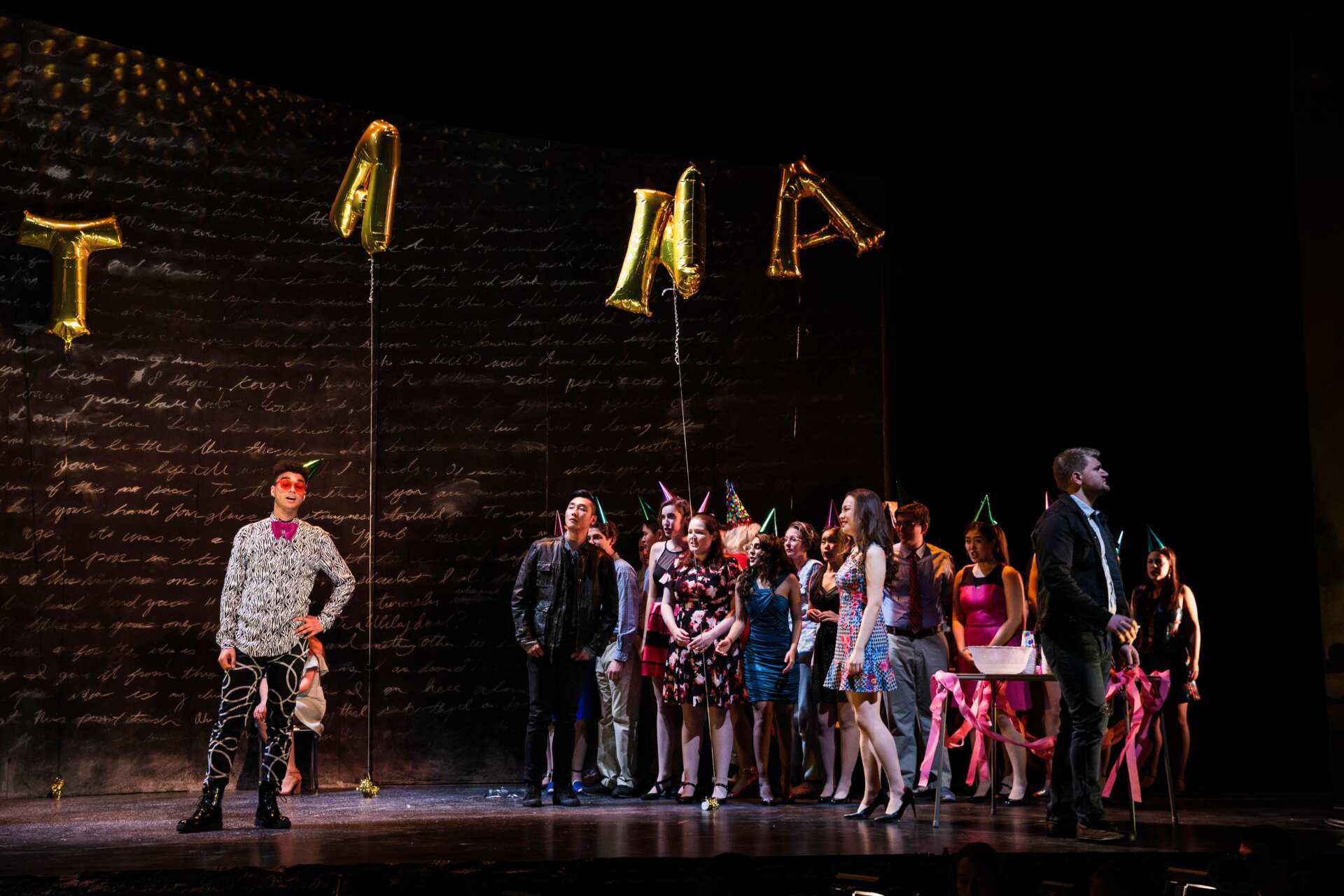
Can you tell us about a time you’ve had to pivot?
I was encouraged all through high school to pursue the path of becoming a professional opera singer. My high school had a very rigorous curriculum that simulated an undergraduate vocal program: we had classes learning art song in four languages, French, Italian, German, and English, we would have mock auditions every six weeks, we all sang in several ensembles performing challenging music, and many of us pursued voice lessons privately as well. I began composing at 16 and didn’t see it as much more than a hobby until it came time for college applications. I applied to programs in voice since it didn’t even occur to me that I would get a degree in music composition. However, one of the schools I applied to, Pepperdine, told me that they would allow me to pursue both. I was fortunate enough to not only get in, but to receive scholarship in both disciplines. I enjoyed a full education in both fields in college as a double major; I sang in all the opera productions, and I wrote a huge amount of music culminating a composition recital my senior year that I performed and conducted in, in addition to having written all of the music. When it came time for me to apply for my master’s, both my voice and composition teachers strongly encouraged me to pursue music composition. They both reasoned that if I have to choose between a voice degree and a composition degree, the latter would be more generative of opportunities. I had still been operating under the assumption that I was just a singer who wrote some music on the side, I didn’t yet realize the potential others saw in me and where my music could take me. So I took the plunge and committed to composition for my master’s, and while I would continue to sing and participate in school opera productions, composing became my focus. In the years since, I have begun to receive a lot of attention for my compositions, and while the pandemic put an end to my freelancing career as a singer, my composition career has taken me to places I could scarcely have imagined when I was in school. So I didn’t exactly intentionally pivot, life sort of pushed me towards composition and I got lucky enough to become successful at it. But I have not given up on performing! I plan on self-producing performances in the next coming years, I’ll never stop being a singer, it’s my first love.
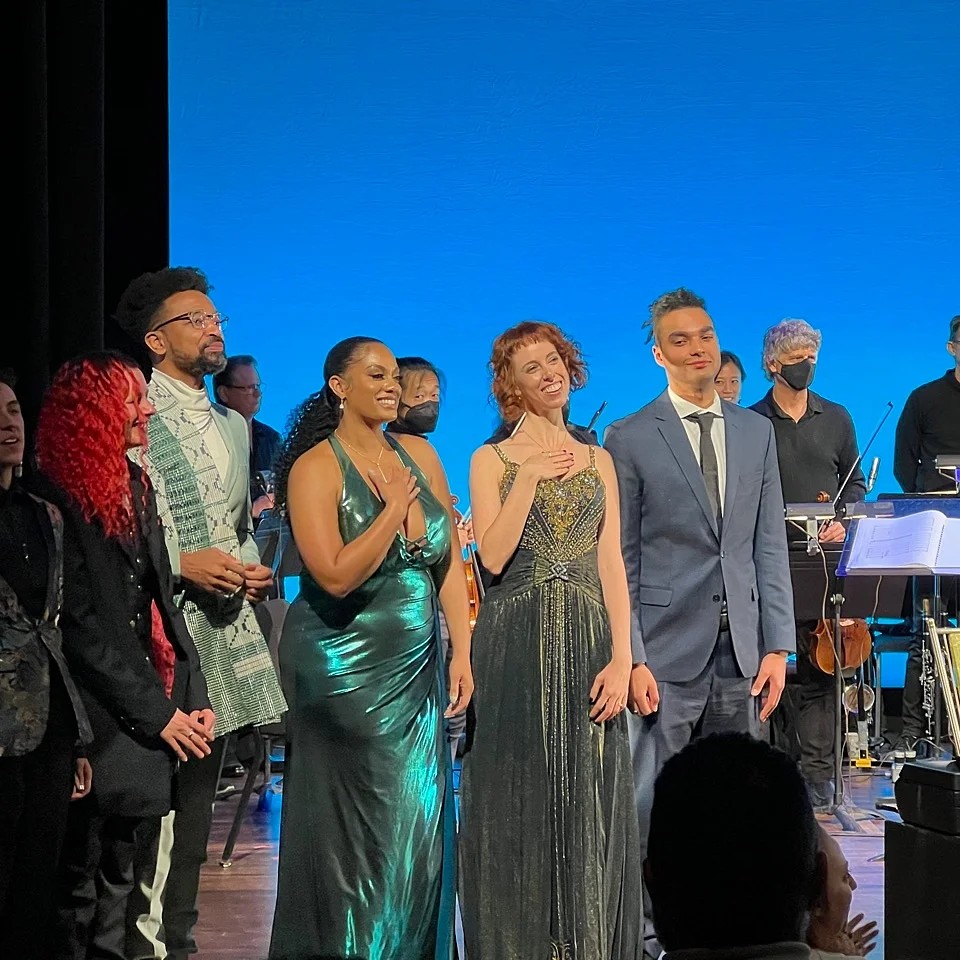
What can society do to ensure an environment that’s helpful to artists and creatives?
I think the societies that have healthy artistic ecosystems have at least one of two things: widespread institutional support for the arts, generally through the government, and/or a culture of citizen art-making that is woven into the fabric of the culture. In general the state in the US does very little to support the arts financially relative to other countries, particularly those in Europe; arts education is generally the first thing to be cut from a school district’s budget here. When people do make the case for arts education, it’s often couched in terms of how an arts education can prepare someone to make money when transitioning to a more profitable field down the line. But many people have fulfilling lives and careers as musicians, even those who don’t play at the biggest halls. So we need to support arts education for its own sake. Additionally, we need to support artistic pursuits both for students, and professionals at all stages, “emerging” or otherwise. Public and private support is crucial.
We must also dispel the myth that art-making is something reserved for the elite class: those who pursue it as a career at the highest levels. Art is part of being human, and is an activity anyone can enjoy regardless of age or (dis)ability. Particularly amateur music-making is less common than it was historically in this country. I think the more glee clubs, community choirs, and parlor concerts there are, the better. Not just because these may result in the birth of more great artists, but because of the inherent virtues these have for the participants. People are less stressed and more bonded to each other when making music together, research bears this out.
A particularly moving example from my own life was when I visited Ghana in 2016 for my grandfather’s funeral. One night, my relatives, most of whom I’d only just met for the first time, were singing hymns together in the rain. None of these people were “professionals”, they were amateurs in the truest sense of the word, people who truly love music. In African cultures there is less of this idea of art being the exclusive domain of professionals, and in performance, audience participation is often part and parcel of the experience – everyone dances, everyone sings. To see relatives I’d never met making such beautiful music after having spent my life in pursuit of doing the same moved me deeply, it made me feel like the distinctions we make between artists and audiences were arbitrary, Western concepts. In the end, there were just everyday people that night, engaging in a profound act of humanity.
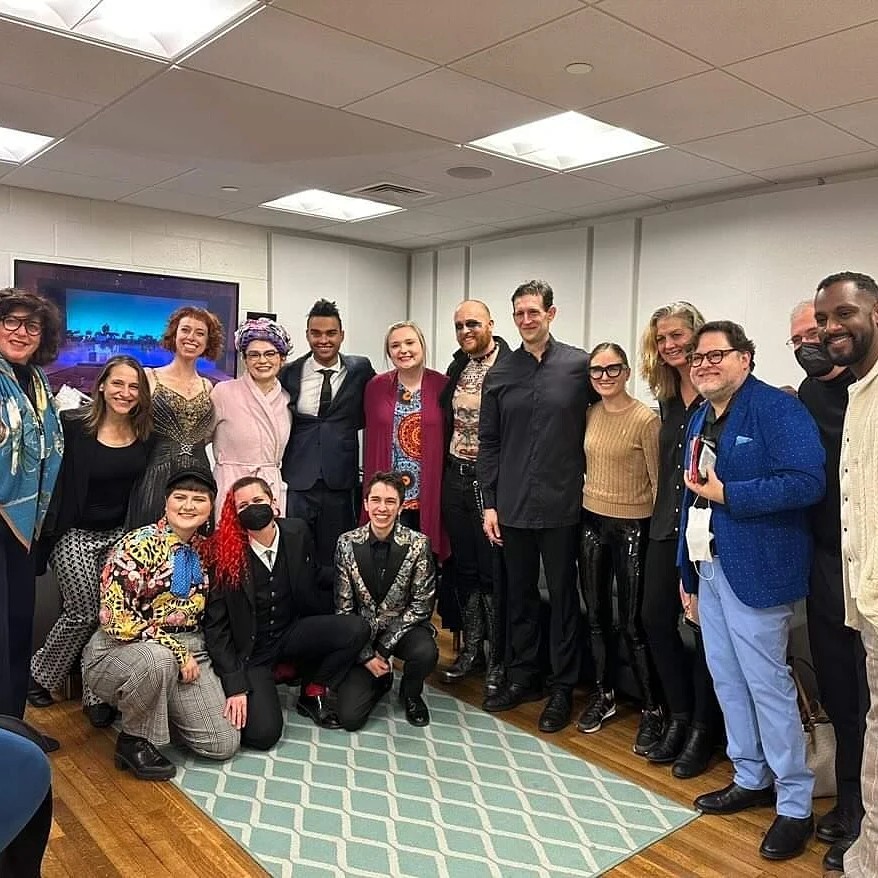
Contact Info:
- Website: www.jensibsen.com
- Instagram: jens.ibsen
- Youtube: https://www.youtube.com/@jens-ibsen


